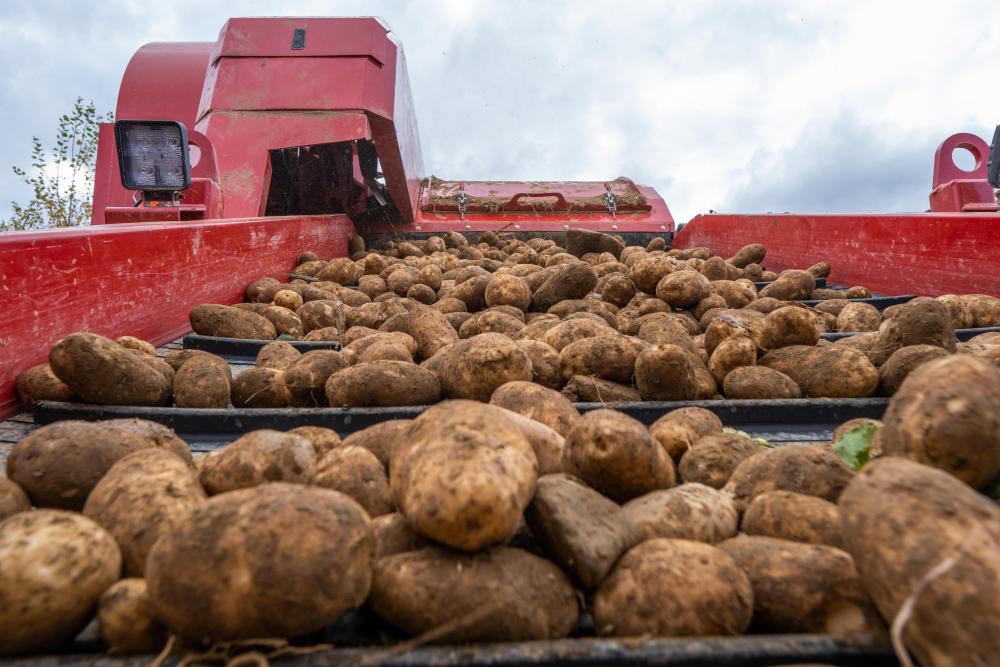Search by topic:

With populations growing and temperatures rising, shifting to a more sustainable future in agriculture is essential.
The model potato farm feels a little like Star Trek: an international, multicultural crew armed with laptops, sensors and drones boldly going where no potato farmer has gone before.
A team of postgrads from Dalhousie University, for example, is working on a crop-spraying rig that uses artificial intelligence to identify bugs and weeds that can harm the crop. Instead of spraying the whole field, pattern-recognition systems spot unwanted invaders and direct nozzles to target them. It takes just 200 milliseconds to identify a beetle and spray it.